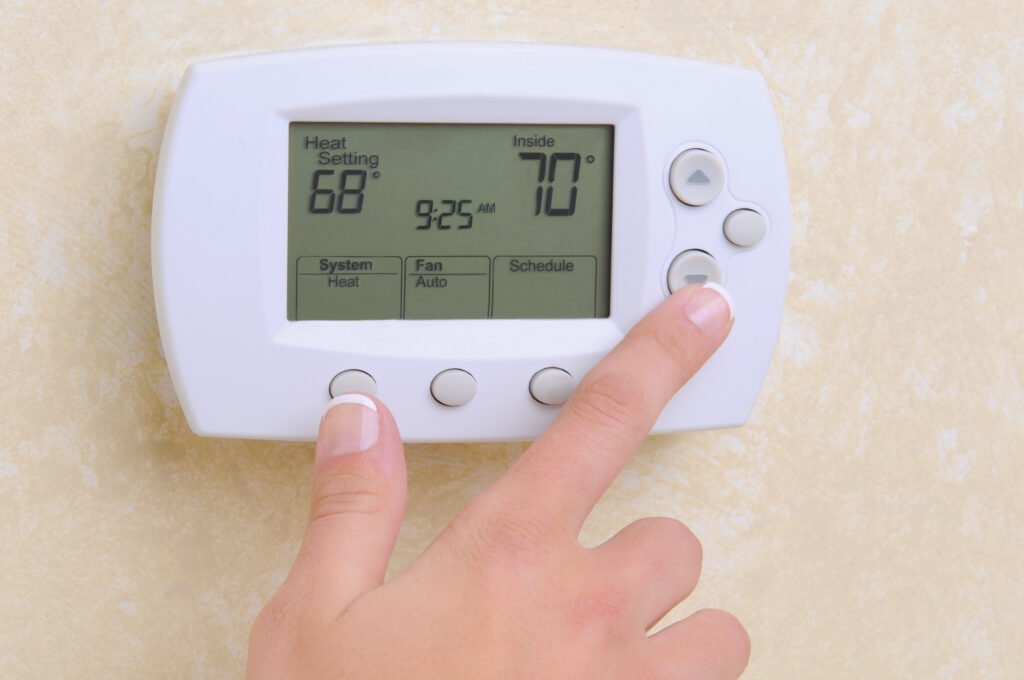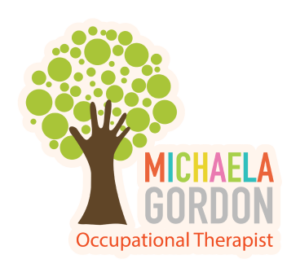What is Sensory Regulation?
By Michaela Gordon, OTR/L

Sensory regulation is the brain’s ability to turn sensory signals up or down to adapt and respond appropriately to everyday events.
Similar to a thermostat, people tend to have a baseline that reflects their general energy levels. A person can tend towards a low, moderate, or high energy level depending on how their brain is regulating sensory information. This general baseline gives us an idea of the person’s ability to regulate sensory information.
Even though we all have different energy level baselines, that doesn’t mean we never shift into the different types of energy states. To be adaptable, you want to shift from one state to the other based on the situation you are in. For instance, if you are excited and social while at a party, then that would be an appropriate energy level for that situation. However, if you are trying to go to bed, then that higher energy wouldn’t be helpful to you.
For the person with a moderate energy level as their baseline, it’s easier for them to regulate sensory information and respond to daily stressors. However, if a person tends to have a lower energy level that doesn’t rise much or if a person tends to have a higher energy level that doesn’t lower much, that might affect their performance, their feelings about themselves, and their relationships with other people. If this is happening, then typically it would be good to see an occupational therapist to help them build their sensory regulation skills because their difficulty with sensory regulation is impacting their quality of life.
